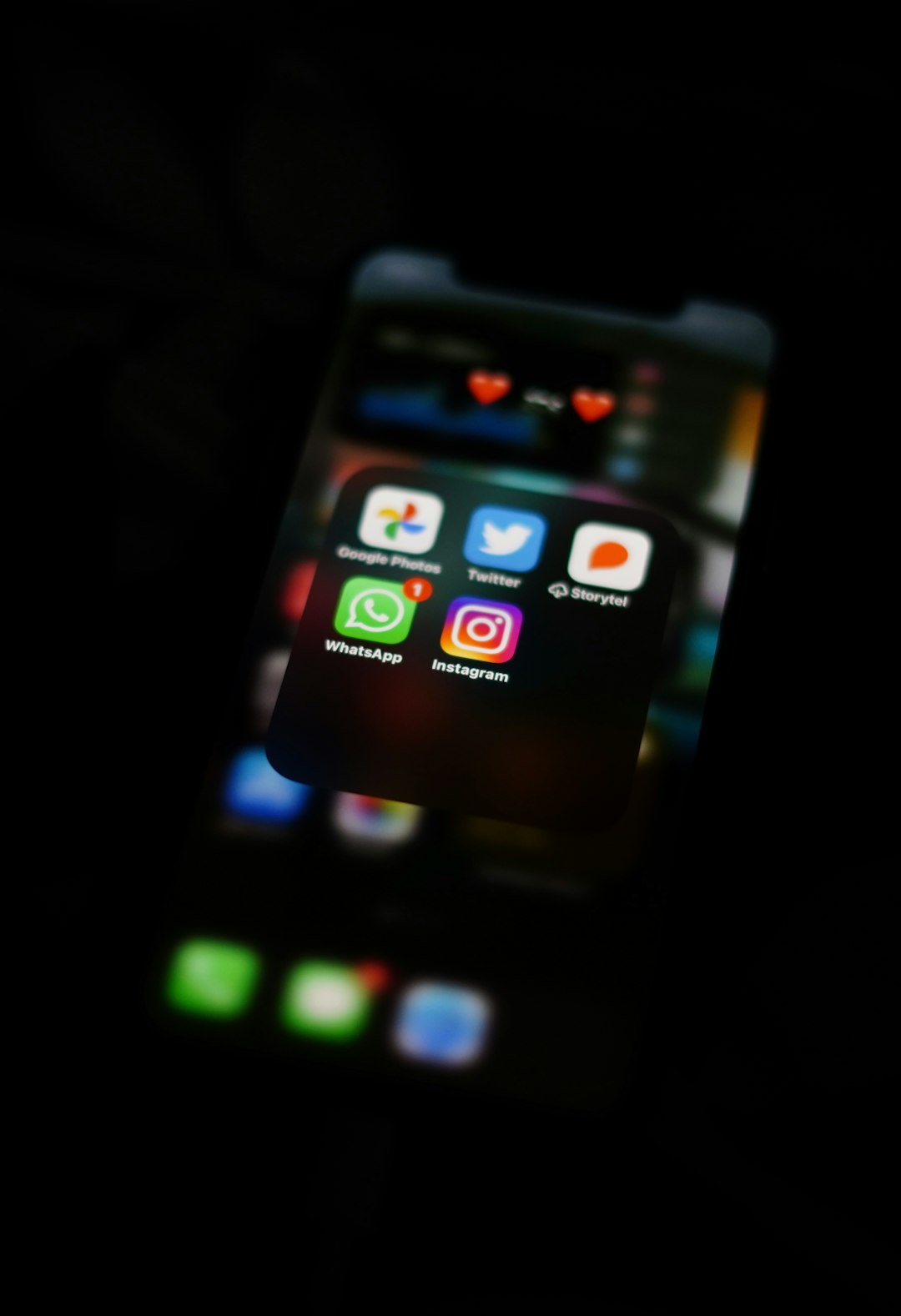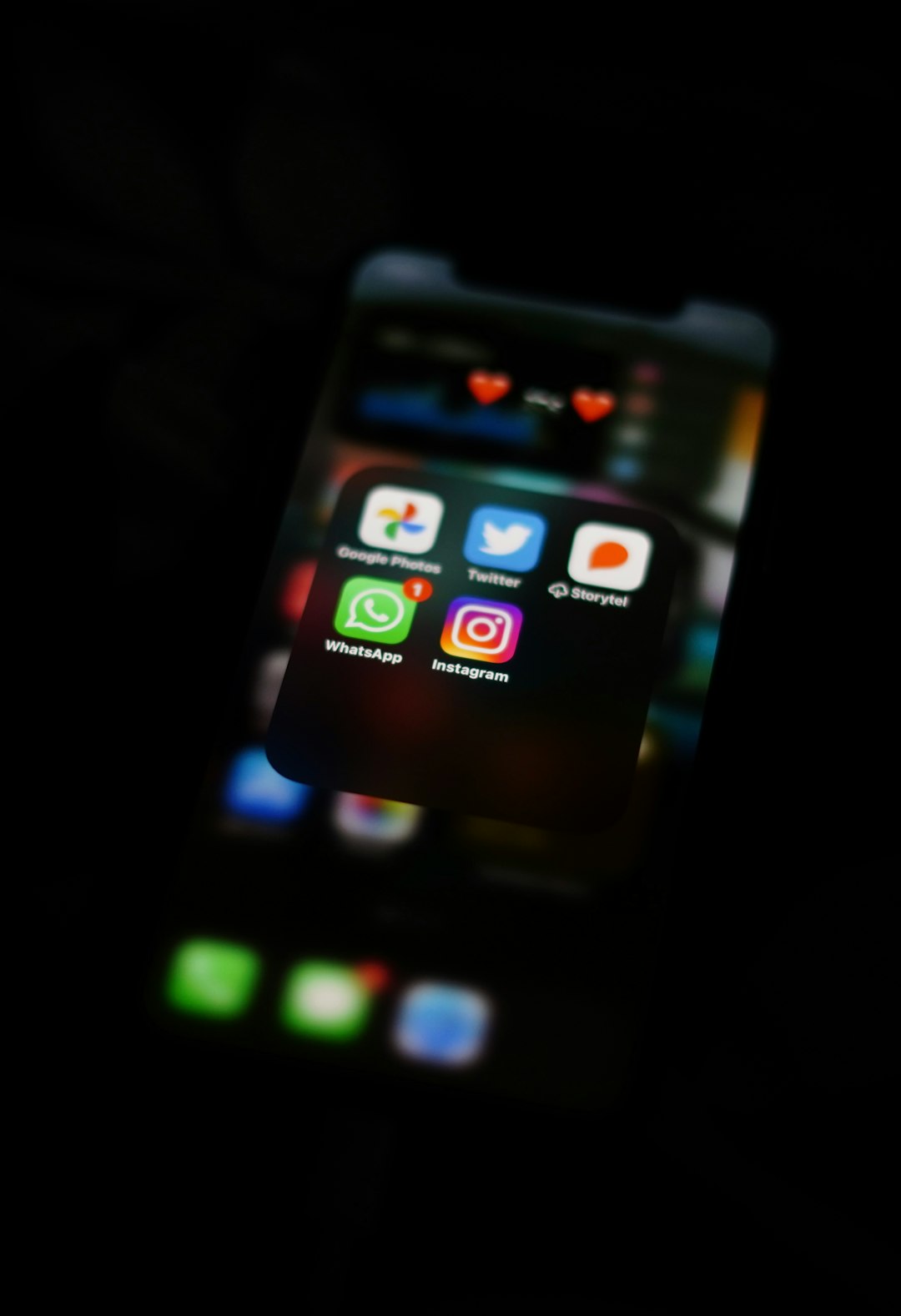Robocalls are a nuisance in Huntsville, Alabama, but the state's No Call Laws protect residents by requiring consent for marketing calls. Advanced robocall detection tools using machine learning block unwanted calls, offering peace of mind and data privacy control. These tools are crucial against evolving spam tactics, with future developments promising more accurate real-time solutions for enhanced user experiences.
In Huntsville, Alabama, as in many parts of the country, no-call laws aim to protect residents from unwanted robocalls. This article delves into the growing significance of robocall detection tools in mitigating these nuisance calls, particularly focusing on their impact on Huntsville residents and effectiveness in compliance with Alabama’s no-call laws. By exploring current measures and future prospects, we uncover how technology is revolutionizing communication regulations to ensure a quieter, more peaceful environment for all.
Understanding Robocalls and No Call Laws in Alabama

Robocalls, automated phone calls made en masse, have become a widespread nuisance in Huntsville, Alabama, and across the nation. While some robocalls offer valuable services, many are considered unlawful under the No Call Laws of Alabama. These laws protect residents from unwanted telemarketing calls, ensuring they can enjoy peace and quiet without persistent sales pitches.
Under Alabama law, businesses must obtain explicit consent before making automated phone calls for marketing purposes. The state’s No Call Registry allows citizens to register their phone numbers and restrict calls from participating companies. By understanding these laws, Huntsville residents can take control of their communication preferences and avoid falling victim to fraudulent or annoying robocalls.
The Impact of Robocall Detection Tools on Huntsville Residents

In Huntsville, Alabama, the implementation of robust robocall detection tools has significantly enhanced residents’ phone experiences, particularly in light of the state’s stringent No Call Laws. These laws are designed to protect citizens from unwanted telemarketing calls, yet traditional methods often fall short. Advanced detection software utilizes machine learning algorithms and sophisticated analytics to identify and block robocalls at a remarkable rate. This technology is especially valuable for Huntsville residents who rely on their phones for communication and may face disruption or even potential security risks from these automated calls.
The impact is twofold: it offers peace of mind by reducing the frequency of nuisance calls, allowing residents to focus on legitimate interactions; and it empowers them to maintain control over their personal data and privacy. With the ever-evolving tactics of robocallers, such tools play a crucial role in keeping Huntsville’s citizens safe and informed, ensuring that their communication channels remain uncluttered by unwanted interference.
Effectiveness and Future of Anti-Robocall Measures in Alabama

The effectiveness of anti-robocall measures in Huntsville, Alabama, and across the state, has been a subject of growing interest due to the persistent nature of automated phone spamming. While No Call Laws in Alabama offer some protection, keeping pace with the evolving techniques of robocallers presents challenges. Advanced detection tools are becoming indispensable for both telecom providers and consumers to combat this nuisance. These technologies employ sophisticated algorithms and machine learning models to identify and block spam calls at a granular level, significantly enhancing user experience.
Looking ahead, the future of anti-robocall measures in Alabama seems poised for significant advancements. With continuous research and development, detection tools are expected to become more accurate and proactive, leveraging real-time data analytics and network intelligence. This will not only improve the state’s overall robocall mitigation strategies but also contribute to a quieter, less disruptive communication environment for all residents and businesses in Huntsville and beyond.






